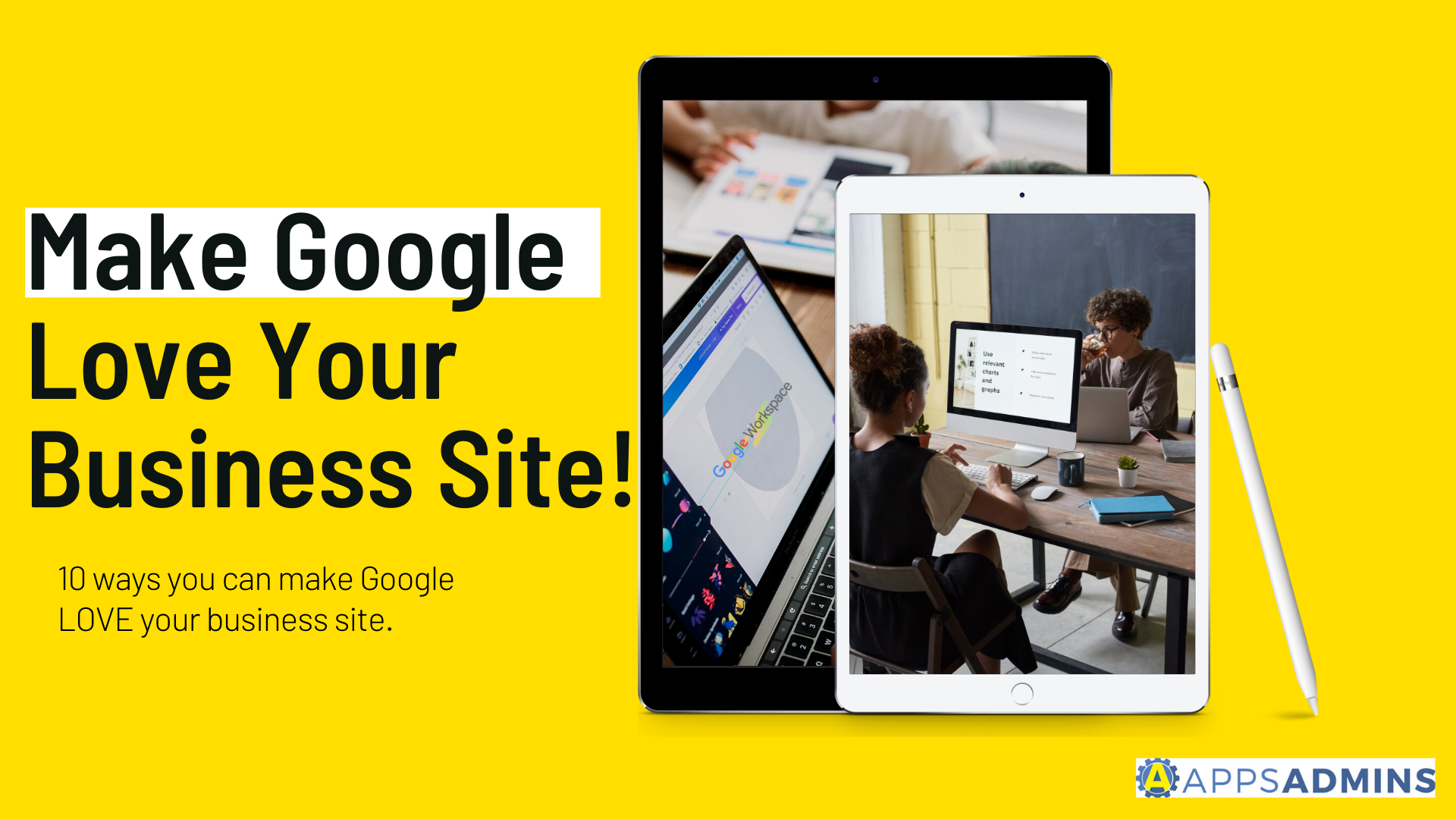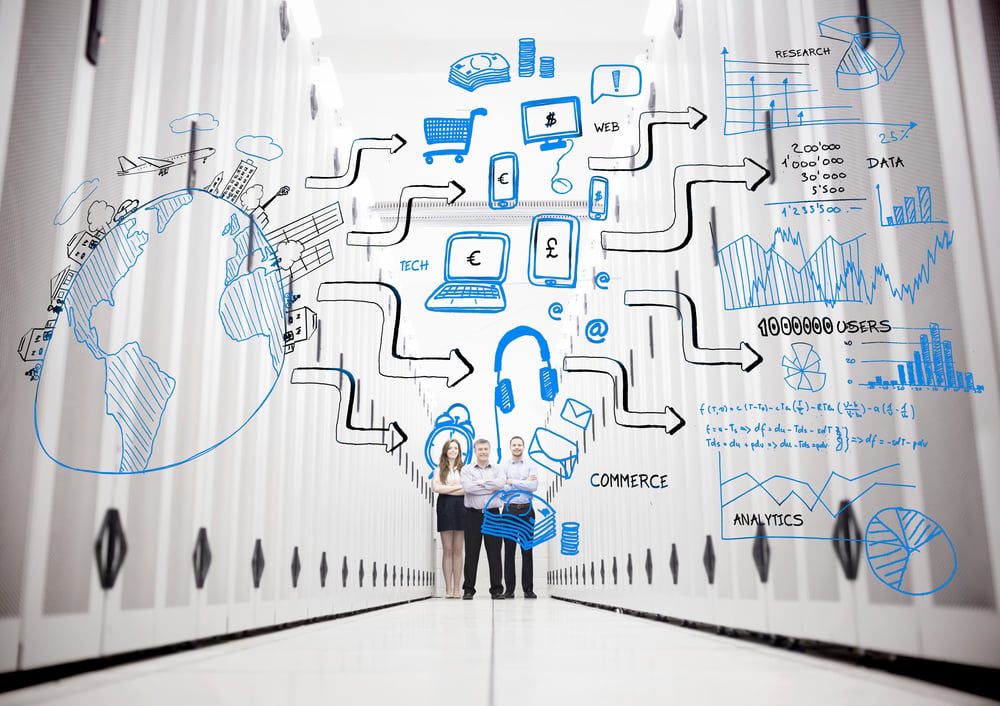G Suite Business Free for 30 Days
Sign up for a Free 30 Day Trial of G Suite Business and get Free Admin support from Google Certified Deployment Specialists.


The technology provider of today has refined its cloud-based architectures to overcome the inefficiencies of legacy computing. The overall benefits of using Google Apps for Work was quantified in monetary terms in a study conducted by Forrester Consulting.
This is part two of an analysis of Forrester's analysis of the value of Cloud to Cloud Migration in favor of Google Apps. For an introduction to the white paper see Taking a Look at :The Total Economic Impact of Google Apps for Work - An Analysis of Cloud-to-Cloud Migration Value" by Forrester
Google Apps for Work enables companies to collaborate and communicate more efficiently using cloud-based tools like Hangouts. The suite also boosts workforce mobility thanks to the convenience of switching to the cloud. Google offers an impressive set of applications that make it easy to stay competitive by meeting the needs of customers.
The Cloud to Cloud Migration analysis examined a wide variety of aspects to determine the return on investment (ROI). Google commissioned the study with the aim to provide organizations with an analytical framework. In turn, it becomes easier to gain insights on financial benefits of switching to the apps suite.
Forrester interviewed a number of companies already using Google Apps before creating a composite organization. The hypothetical entity was structured based on the characteristics of firms involved in the interviews. This enabled analysts to evaluate monetary benefits across several areas, including annual conferencing services, travel, legacy IT and telephony costs.
How Google Apps for Work improves mobility.
The Total Economic Impact (TEI) study showed that collaboration tools not only improved the productivity of employees but also boosted engagement. The changes translated to an operational and cultural shift by the composite organization.
Forrester evaluated these benefits by instituting policy changes for the composite organization. Managers were instructed to evaluate and train staff members using Hangouts. The policy shift overcame the need for over 400 managers to travel four times annually. As a result, the composite organization reduced the number of trips undertaken each year by up to 4,800. The average travel expenses for the business trips was $500, thus it managed to save $6,000 per manager ($2.4 million in total annually).
Mobility benefits of Google Apps provide a clear way to quantify cost savings, regardless of company size. However, companies interviewed by analysts in the Total Economic Impact (TEI) study showed that the actual figures are affected by many external and internal factors. For this reason, the Forrester implemented a risk adjustment of 10 percent to the total annual savings. This was aimed at compensating for the variations to improve accuracy. The risk-adjusted savings were revised to about $5,400 per manager annually.
Migrating to Google Apps is a practical way to ensure that your entire team can attend meetings and attach files to emails remotely. This flexibility saves your firm a significant amount of money in travel costs. Staff enjoy access to files without the need to use a VPN service.
The Google Apps For Work Difference
Cloud-based tools like Google App for Work solve operational issues that hamper efficiency. Until now, organizations implemented on-premise tools for communication, collaboration and storage purposes. The legacy solutions came with considerable limitations. Employees could not collaborate faster and more conveniently or access files remotely. As a result, the workforce was bogged down by the need to spend lengthy periods traveling or trying to collaborate with colleagues. High costs associated with legacy IT systems added to the frustration.
Google Apps for Work allows your workforce to collaborate from any location using different types of devices.
Some companies resorted to sending hard drives to different locations around the country. This allowed them to aggregate information on local drives. Fortunately, the Google Apps suite overcomes file storage and sharing challenges with robust applications like Drive. The tool runs in a web browser and can be downloaded for tablets, smartphones or computers. It makes it simpler to share files of varying sizes. Access to the documents is controlled by granular permissions that also determine allowable user actions like commenting or editing.
Additional benefits: Security, reliability and technical support
Layered Security and Service Levels
Google's impressive range of apps is supported by state-of-the-art security. It comes as no surprise that millions of firms use Google Apps for Work worldwide. Collaboration and communication tools like Gmail, Docs, Hangouts, Sheets, Calendar and Drive provide maximum data safety. They operate in a cloud-based environment engineered for redundancy, security and high reliability.
The infrastructure is protected using a layered security model. It boasts security certifications like ISO 27001. In addition, Google can help clients satisfy the Health Insurance Portability and Accountability Act (HIPAA) compliance requirements. European organizations can take advantage of model contract clauses designed to ensure compliance with the European Data Protection Directive.
When it comes to uptime, the Service Level Agreement (SLA) promises that Google Apps for Work tools will available for 99.9 percent of the time. This is a vital aspect of the service because organizations demand high-reliability levels to keep workflow running smoothly. On the other hand, Google Apps customers enjoy enterprise-grade support, which is available round-the-clock.
.jpg?width=818&name=appsadmins-svg-rules-1%20(2).jpg)







